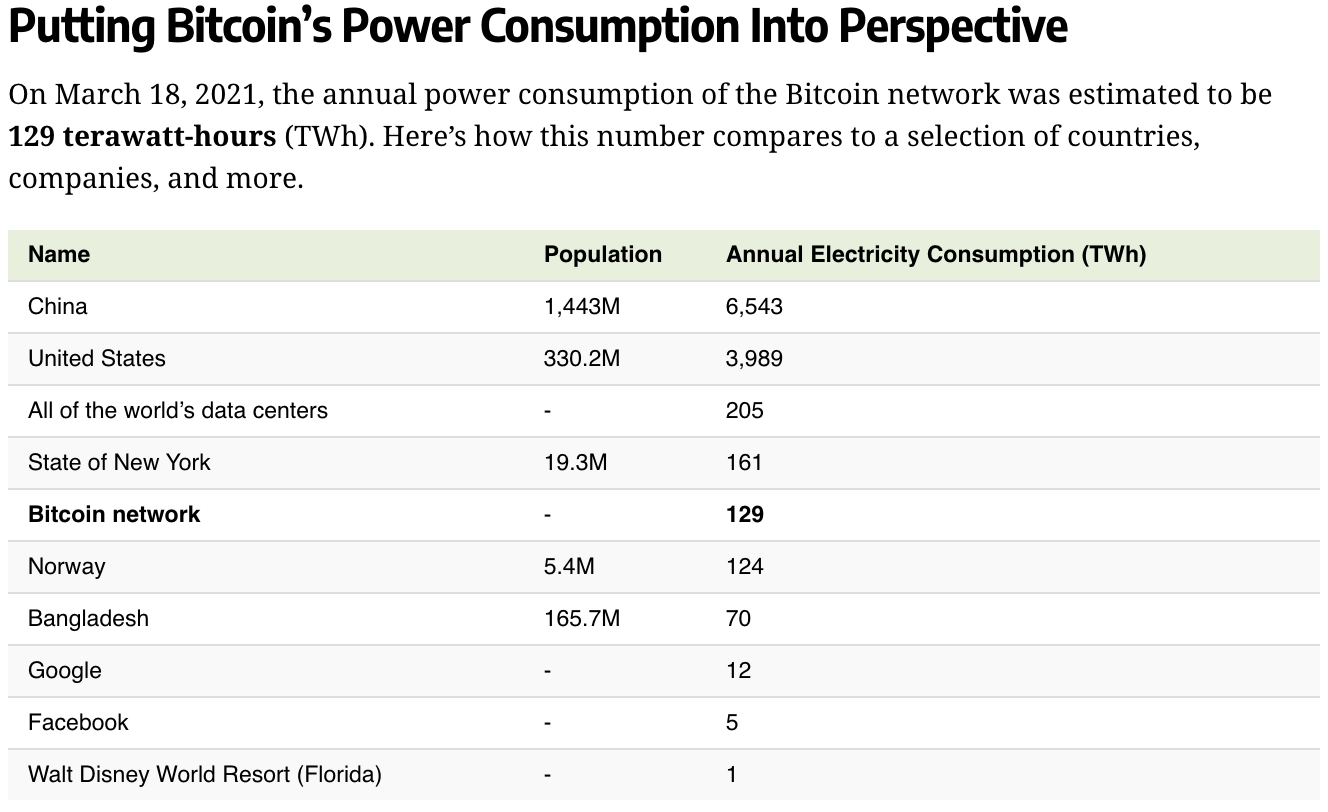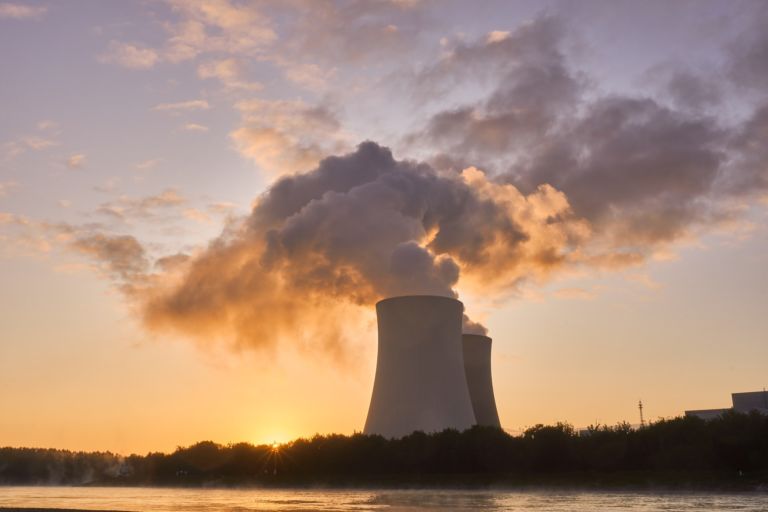It’s only a matter of time before governments across the world clamp down on cryptocurrency. As cryptocurrencies, like Bitcoin, become more ubiquitous and fiat currency experiences the inflationary impact of poor fiscal restraint (are you listening Joe?), we will see governments look for ways to regulate this rapidly growing industry.
If you read Elon Musk’s recent tweet like tea leaves, one of the most inevitable ways regulation will occur is on the energy front. Last week, Musk announced that Tesla would stop accepting Bitcoin as payment for purchase for the foreseeable future, citing the high toll it exacts on the environment.
But if Bitcoin and other cryptos are digital, how does it hurt the environment? That answer is found in the fact that cryptocurrencies rely on “mining” to generate a “hash” (aka code) to decrypt a transaction. Crypto miners rely on electricity to run and maintain their computers so that they can solve the hash. China currently accounts for 65% of the world’s Bitcoin mining. The United States ranks second in mining activity and accounts for 7% of the global hash rate. Since China is the world’s largest consumer of coal, some environmentalists express concern over mining’s impact on the environment.
Here’s a look at how Bitcoin mining’s energy consumption compares to other consumers, such as Disney World, Google, and the state of New York.
Visual Capitalist notes, “If Bitcoin were a country, it would rank 29th out of a theoretical 196…[and] Bitcoin network consumes 1,708% more electricity than Google.” Few expect demand for energy to decrease in the future, but the preference for clean energy continues to grow.
So, could nuclear energy serve as a promising way to mine crypto going forward? Nuclear is clean energy that does not increase our carbon footprint. With some policymakers advocating for a carbon tax, it could very well become an even more attractive form of energy production. Not to mention, North Carolinians like nuclear energy, according to a March Civitas Poll. Of those surveyed, 54% of likely voters said they would support the use of nuclear energy as part of our state’s carbon-free energy portfolio.
And when North Carolinians were asked about what they thought were the most reliable forms of energy, nuclear ranked second, beating out hydro, solar, wind, and coal.
Cryptocurrencies will continue to grow in acceptance and, as a result, crypto mining will experience increased scrutiny. Demand for clean mining will rise. Will nuclear be there to answer the call?



